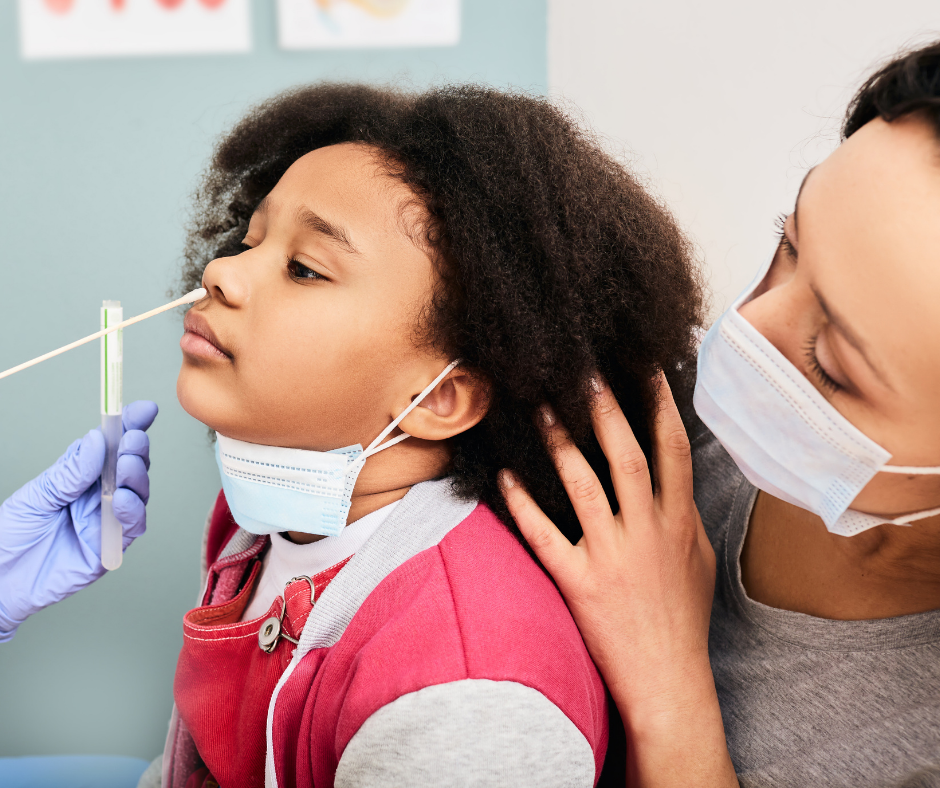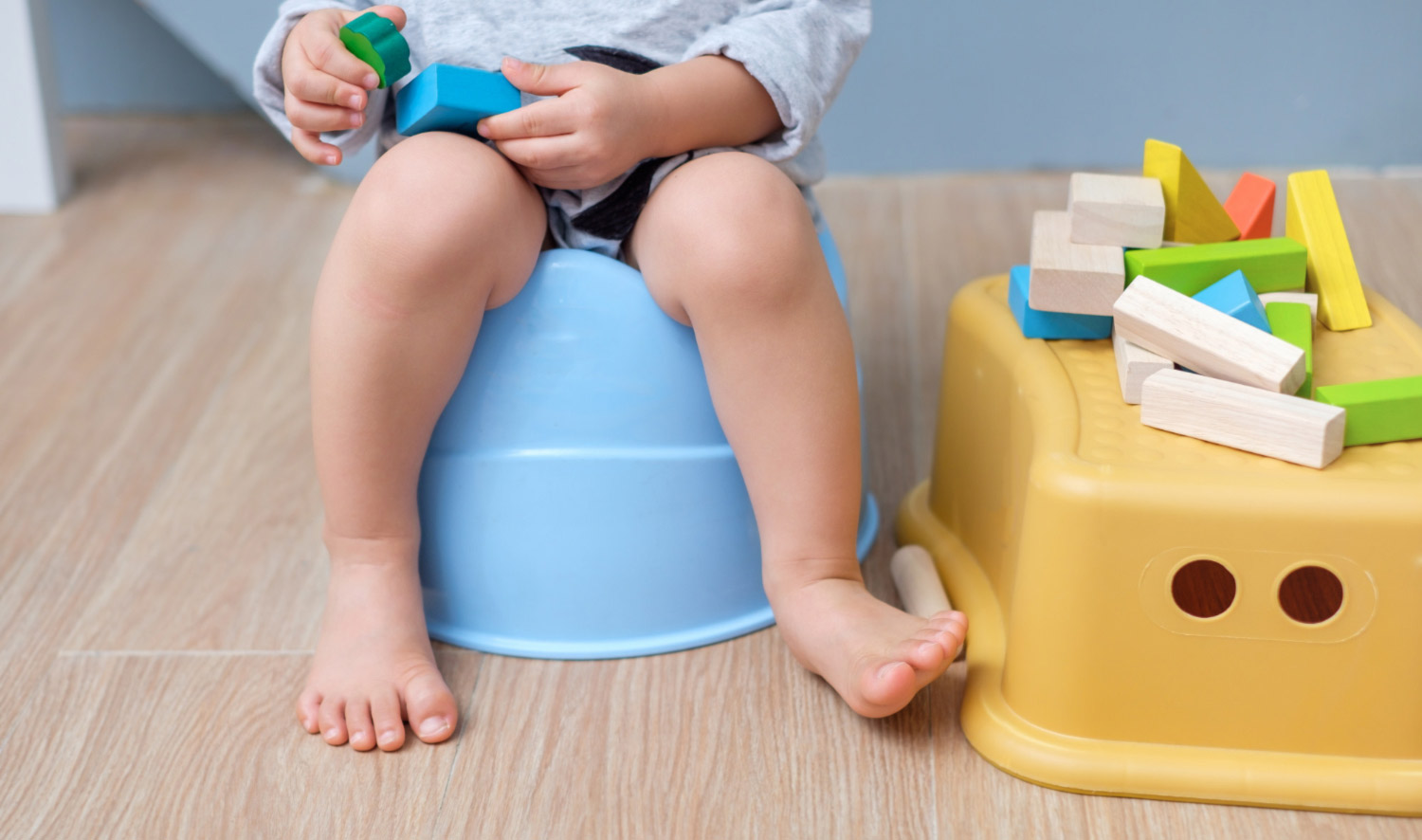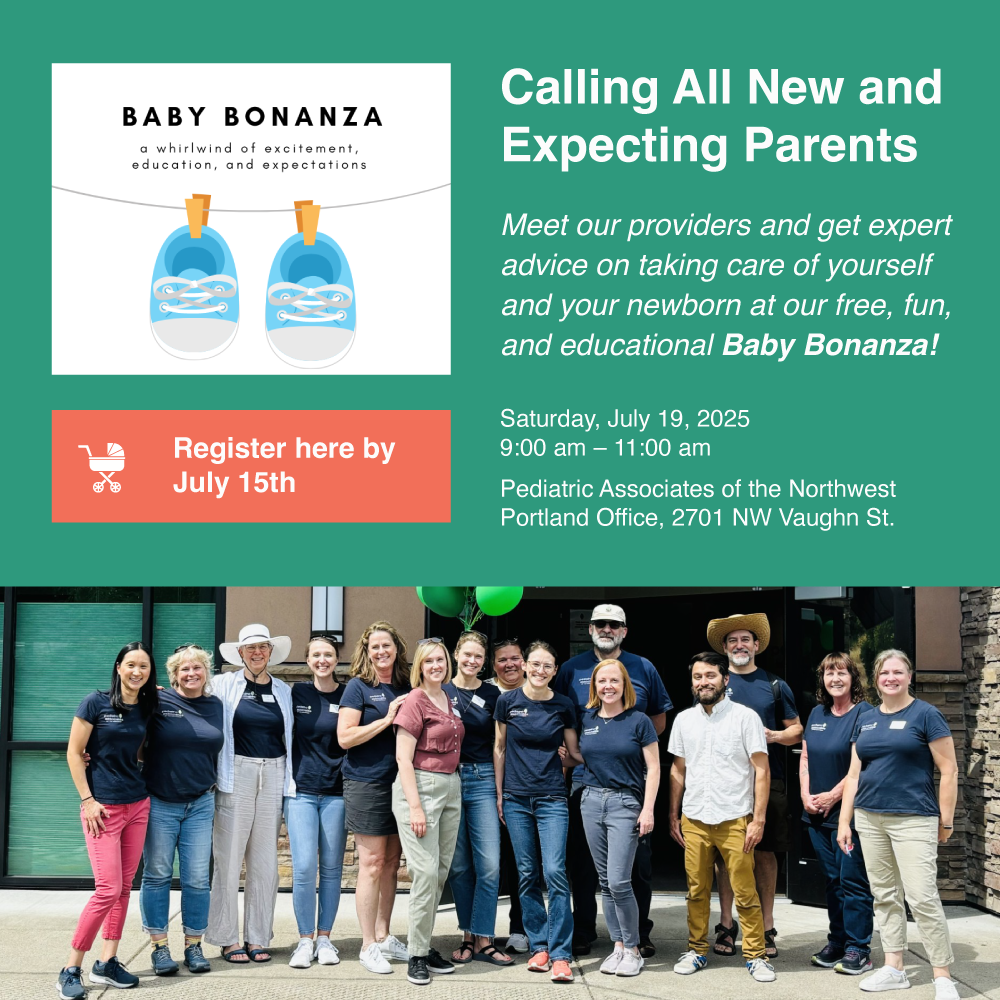We first interviewed Dr. Albert Chaffin, Chief Medical Officer of PANW and Leader of our COVID-19 Task force,
several months ago as he discussed when to get a test and what to expect from the testing process. Since then, new factors like the Delta variant, home tests, and vaccines have come into the picture and guidelines for testing have evolved. Below, we have answered the most common questions we are hearing from our patients about testing for COVID-19.
1. There are a few different types and names for COVID-19 tests. What is the difference between an Antigen test and a PCR test?
PCR tests are also called molecular tests or NAAT tests. They are more accurate and precise than antigen tests. At PANW, we perform PCR/molecular tests primarily and antigen tests when appropriate. Results are available within the same day.
2. Are Antigen and PCR tests able to detect the new Delta variant?
Yes, both types of tests will detect the Delta variant or any other variant.
3. There seems to be a lot of summer sickness going around right now. How can parents tell whether their child has a summer cold or COVID-19? When should children get tested?
Symptoms of the common cold and COVID-19 are very similar. We have seen an influx of sick patients right now due to summer illnesses and COVID-19. Unfortunately, there is no simple way to tell if someone has the common cold versus COVID-19 by solely looking at their symptoms. Testing is the only way to know if an individual has COVID-19 or not.
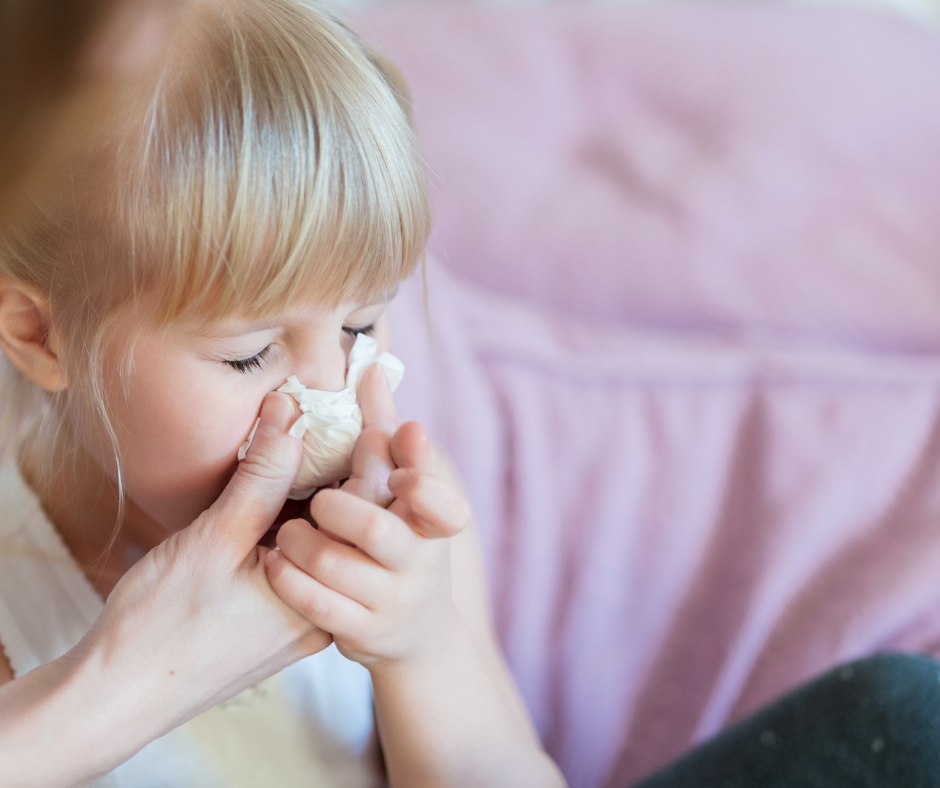
A child who is having any symptoms may be tested. For those who have very mild symptoms (runny nose, no fever, etc.) and do not want a test, the best course of action is to wear a mask and limit contact with non-household members until the symptoms are gone and get tested if symptoms worsen.
4. How valid are home tests? Do you recommend families use these? If so, are there certain kinds of home tests that are more accurate?
PANW recommends that families have testing done at a medical facility if possible to ensure the most accurate results due to the complex nature of there being many different types of home tests, collecting accurate test samples, and interpreting results of home test kits. The validity of home tests depends on what kind of test it is. PCR (aka “molecular” or “NAAT” tests) are more accurate than antigen tests. If you have COVID-19 symptoms and get a positive result from a PCR or antigen test at home, you can trust that it is accurate. If you have symptoms and your home test (of any kind) is negative, we recommend following the instructions in the home test kit regarding repeat testing. Some home test kits come with more than one test and will instruct you on the timing between test #1 and test #2. This is true for both vaccinated and un-vaccinated individuals. If you are uncertain what your next steps should be with a negative home antigen test, please call PANW and our triage nurses can assist you.
For those who choose to do a home test, we recommend reading the CDC’s tips for self-testing.
5. If someone is fully vaccinated and had close exposure to someone with covid-19, should they get tested? Do they need to quarantine?
This depends on if the person has symptoms or not. Fully vaccinated individuals who have had known exposure to someone with suspected or confirmed COVID-19 in the last 14 days and are not having symptoms do not need to get tested or quarantine unless it is required by their childcare facility, school, workplace or the patient is regularly around immunocompromised people. If testing is required, individuals should get tested 5-7 days after exposure. If not testing, the exposed individual should monitor themselves for symptoms and get tested if they do develop COVID-like symptoms.
Fully vaccinated individuals who have been exposed in the last 14 days and are experiencing symptoms should get tested. They should
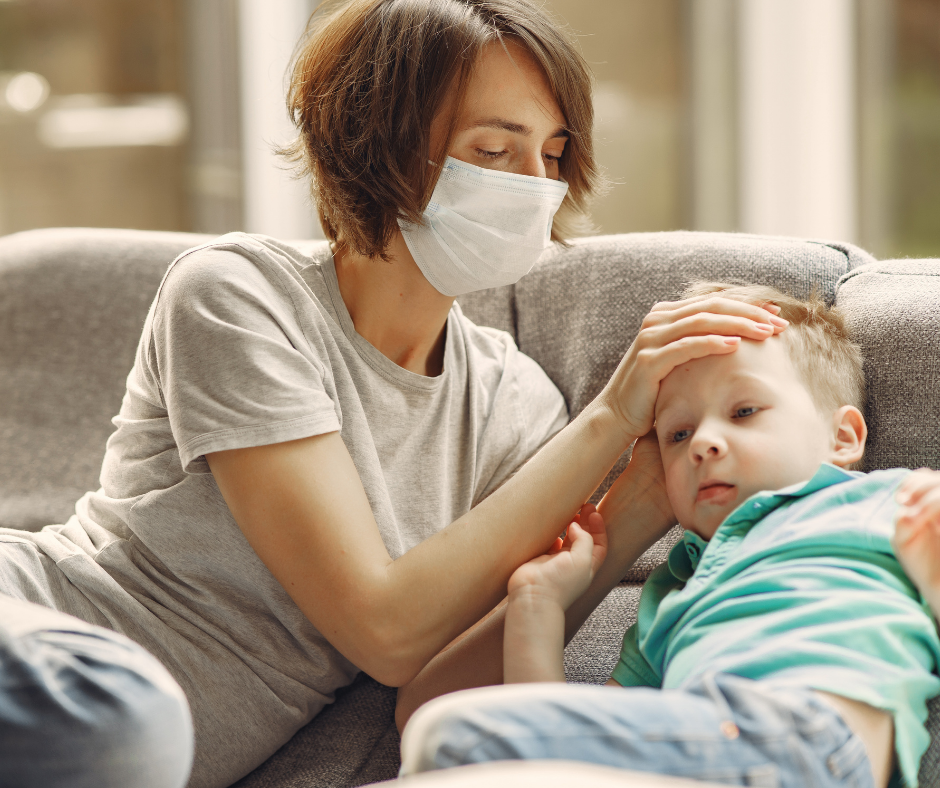
quarantine for 10 days as long as they do not continue to have exposure to the infected person (i.e. sick child who can’t isolate by themselves or grandparent who lives in the house). If there is continued exposure, they will need to quarantine for 10 days starting after the infected person’s 14 day quarantine (total of 24 days). Stay home and away from others, wear a mask if around anyone else, use good hand hygiene, and frequently disinfect commonly-touched surfaces.
6. If an individual is not vaccinated and had close exposure to someone with COVID-19, what should they do?
Again, this depends on whether symptoms are present or not. Unvaccinated individuals who had close exposure to someone with COVID-19 in the last 14 days but do not have symptoms should wait to get a test until days 5, 6, or 7 from exposure, and quarantine. If they test negative with a PCR test, they can stop quarantine on day 11 from exposure date (assuming they have not had continued contact with the infected individual). NOTE: you can choose not to test if you and/or your family members can quarantine for 14 days from the date of exposure.
Unvaccinated individuals who have symptoms and who had close exposure to someone with COVID-19 should get a test immediately and quarantine for 14 days. If this first test is negative, they should test again 5-7 days after the last exposure. “Close contact” means within 6 feet for a total of 15 minutes or more. It’s important to stay home and away from others, wear a mask if around anyone else, use good hand hygiene, and frequently disinfect commonly-touched surfaces.
7. Who is eligible for testing at PANW?
With the Delta variant spreading quickly and schools back in session, more and more testing is being done across the country. There have been shortages of testing supplies across the country, but supplies have stabilized for the time being. With this, we have re-opened our COVID-19 testing to patients who need it for travel or return to sports, and we continue to test patients and household members who are experiencing symptoms or had close exposure. This may change if testing supplies are impacted again in the future.
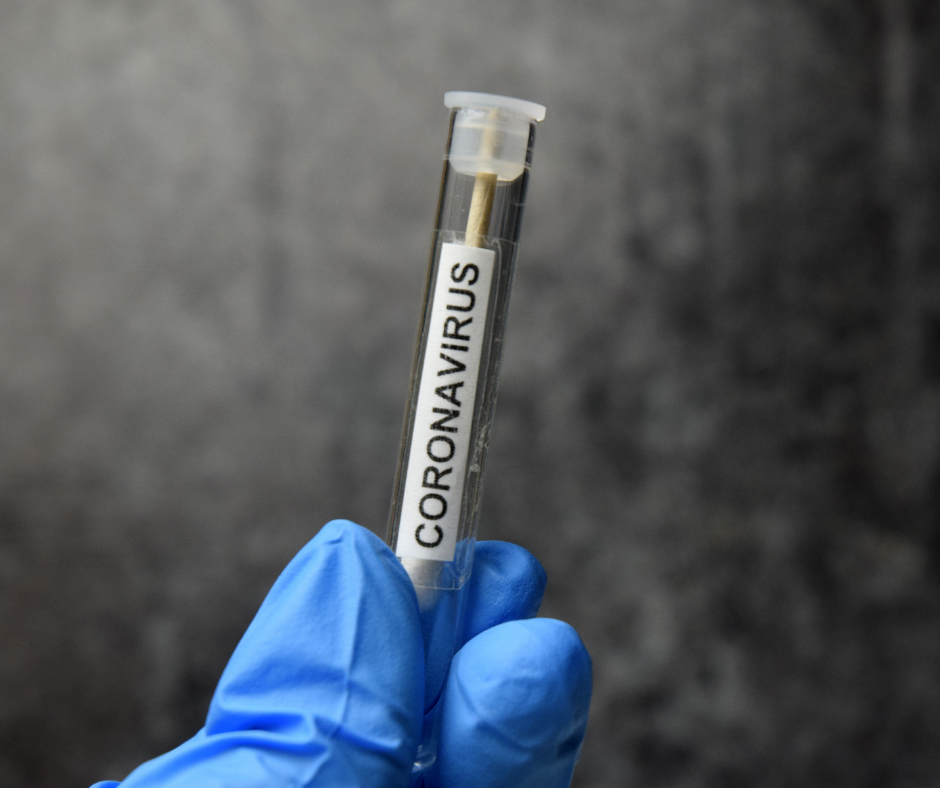
8. Will insurance cover COVID testing at PANW?
If you have insurance, the test itself will be covered according to federal law. We do bill patient insurance for the accompanying office visit where our providers perform a medical assessment, interpret and explain the results, and discuss next steps.
9. Where else in the community can I get a COVID test?
If you need to find a testing site outside of PANW, we recommend visiting the Oregon Health Authority’s website. On their COVID-19 testing page, you can enter your zip code and find a list of testing locations near you. You can also call 211 to find testing locations.
**The responses above are based on information we know today.
Related Posts
- The Ultimate Guide to Summer Safety
- Tips and Tricks For Toilet Training Your Toddler
- Vote For Pediatric Associates of the Northwest As The Best Pediatrician Office
- Recognizing Asthma: How to Minimize Symptoms & Basic Management Tips
- Baby Bonanza 2025: A Lively, Learning-Filled Morning for Growing Families

